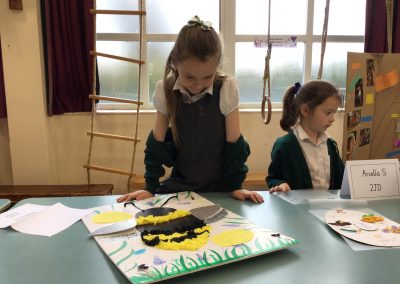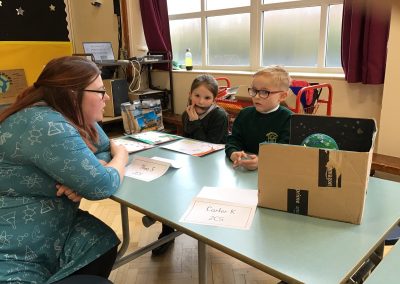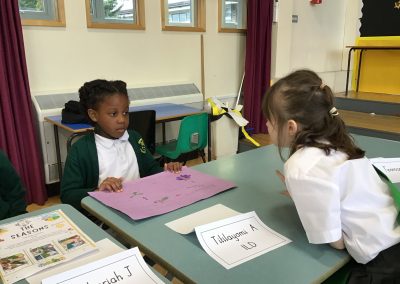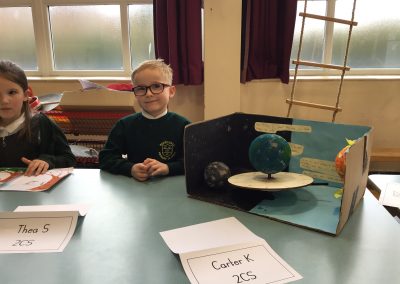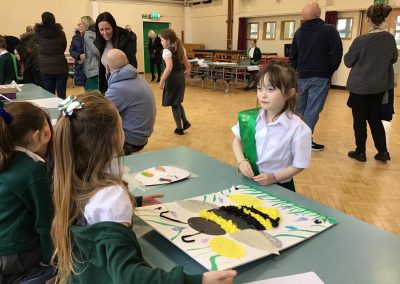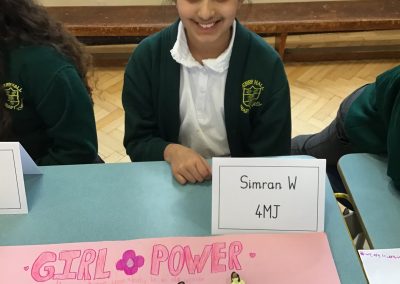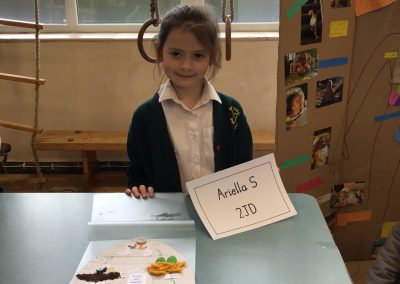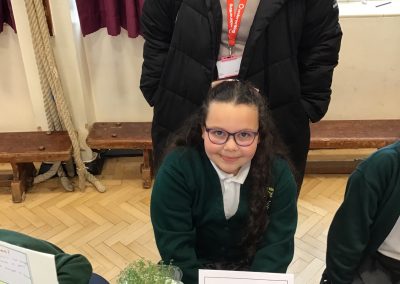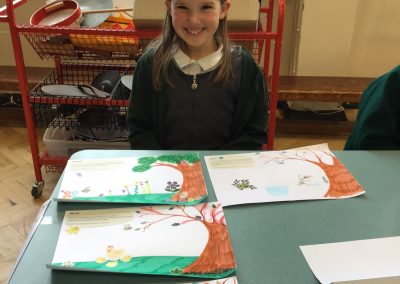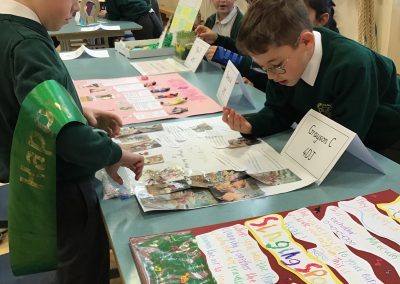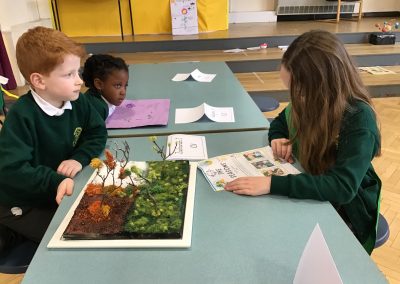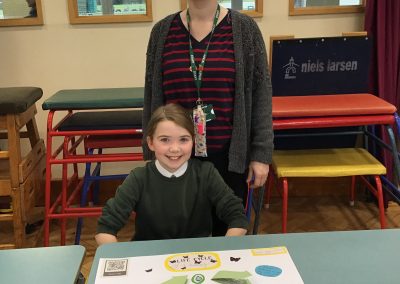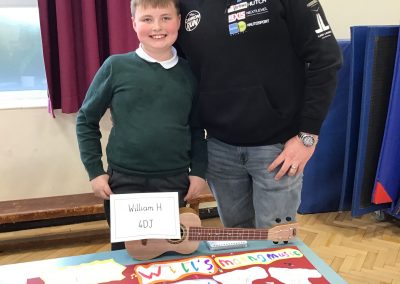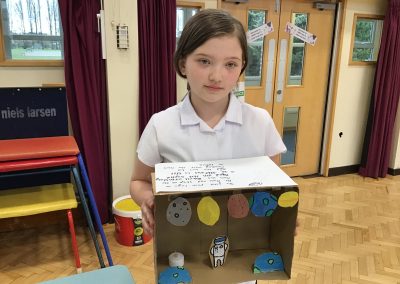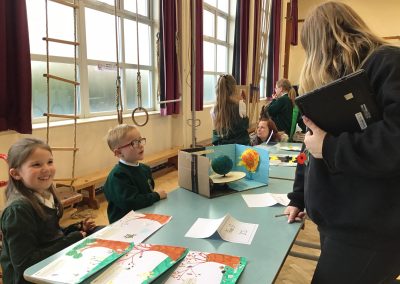Science
Subject Leader – MRS D Holdcroft
Science at Perry Hall
At Perry Hall, science is based in enquiry wherever possible. It provides children with the opportunity to explore and question the world around us with it’s related phenomenon in a hands on, practical way. Our science curriculum gives children the opportunity to study scientists, historical and current, and identify how we support of refute their ideas.
By the time our children leave us, our aim is for them to be ready to tackle all three elements of science with a secure understanding of each branch of science, complemented by their knowledge of Working Scientifically to question and test each one.
Click below for our science overview
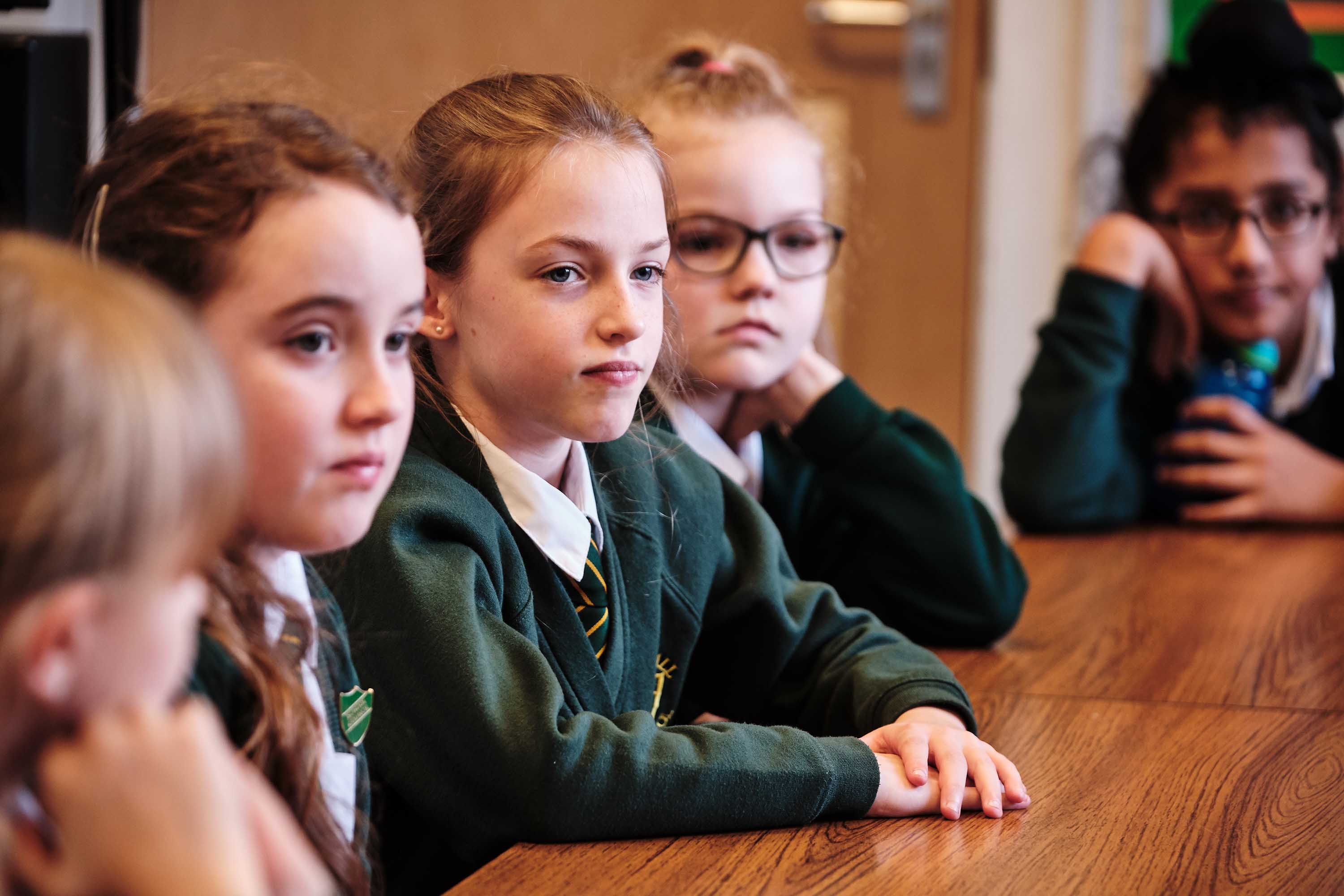
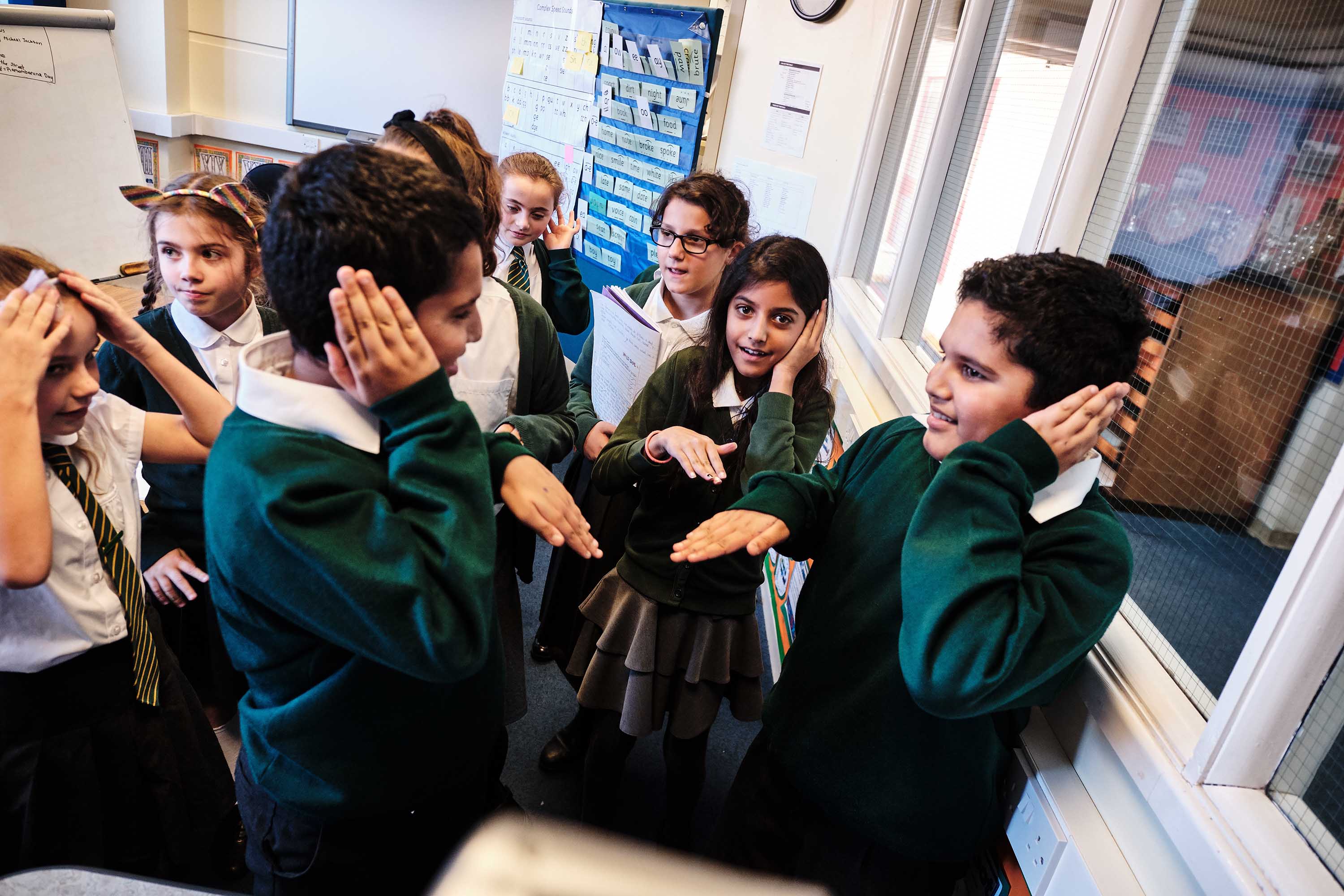
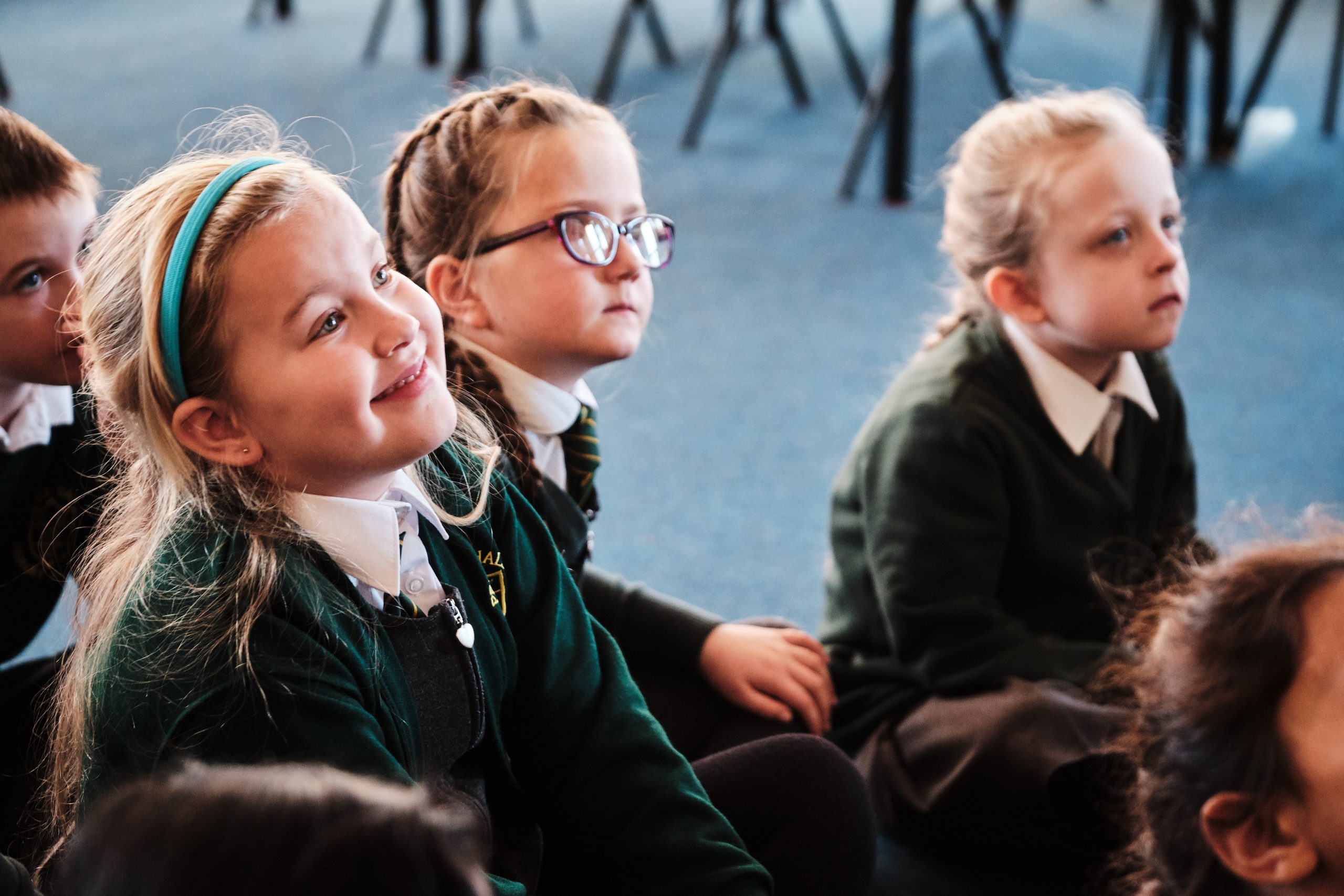
WHY IS SCIENCE IMPORTANT TO OUR CHILDREN?
Year 2 Child
We learn about our bodies and how we can stay healthy when we get poorly.
Year 3 Child
We have learned about magnets in science so I know how my fridge magnets work.
Year 6 Child
We learn about the different areas of science and then run experiments. Our jobs could be in Science in the future.
MEET OUR SUBJECT LEAD
Click here for our science leader biography
Science in EYFS
This document demonstrates which statements from the 2021 Birth to 5 Matters are prerequisite skills for Science within the national curriculum. The table below outlines the most relevant statements taken from the Early Learning Goals in the EYFS statutory framework and the Birth to 5 Matters age ranges for Three and Four-Year-Olds and Reception to match the programme of study for history.
The most relevant statements for Science are taken from the following area of learning: Understanding the World
Twos provision
- Repeat actions that have an effect.
- Explore materials with different properties.
- Explore natural materials, indoors and outside.
- Explore and respond to different natural phenomena in their setting and on trips
Nursery
- Use all their senses in hands-on exploration of natural materials.
- Explore collections of materials with similar and/or different properties.
- Talk about what they see, using a wide vocabulary.
- Explore how things work.
- Plant seeds and care for growing plants.
- Understand the key features of the life cycle of a plant and an animal.
- Begin to understand the need to respect and care for the natural environment and all living things.
- Explore and talk about different forces they can feel.
- Talk about the differences between materials and changes they notice.
Reception
- Explore the natural world around them.
- Describe what they see, hear and feel whilst outside.
- Recognise some environments that are different to the one in which they live.
- Understand the effect of changing seasons on the natural world around them.
End of Reception Early Learning Goals (ELG)
- The Natural World
Explore the natural world around them, making observations and drawing pictures of animals and plants. - Know some similarities and differences between the natural world around them and contrasting environments, drawing on their experiences and what has been read in class.
- Understand some important processes and changes in the natural world around them, including the seasons and changing states of matter.
Cultural Capital opportunities in Science
EYFS
- Books and stories about Science (e.g. growing, animals, nature etc)
- ‘Understanding the World’ within EYFS curriculum (e.g. Looking at seasonal changes, the weather, materials, floating and sinking)
- British Science Week focus on STEM activities
Key Stage 1
- Practical enquiry focus of lessons wherever possible – ‘hands on’ approach of working scientifically across the curriculum
- Career options for Science via scientist video clips
- British Science Week focus on STEM activities
- Outdoor learning to explore habitats and living creatures
Use of data equipment (thermometers)
Key Stage 2
- Practical enquiry focus of lessons wherever possible – ‘hands on’ approach of working scientifically across the curriculum
- British Science Week focus on STEM activities
- Career options for Science via scientist video clips
- Outdoor learning to explore habitats and living creatures
- Use of data equipment (force meters, thermometers, stop watches, data logging apps)
BRITISH SCIENCE WEEK
During British Science week, children were invited to complete STEM projects along the theme of ‘Adaptation and Change’ as well as send in a ‘science selfie’ of their science exploration at home (some of our staff joined in with this too!).
Selected projects were shared in our STEM fair where parents, governors and our school council attended to see the children’s presentations.
Have a look at the fun we had!
